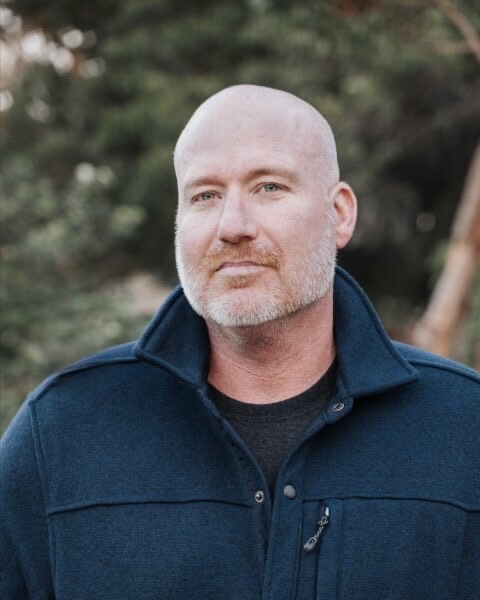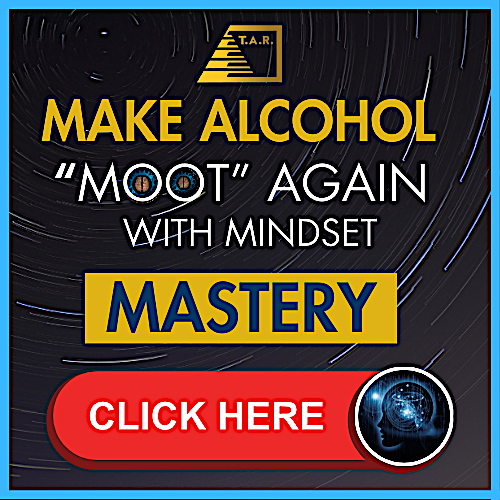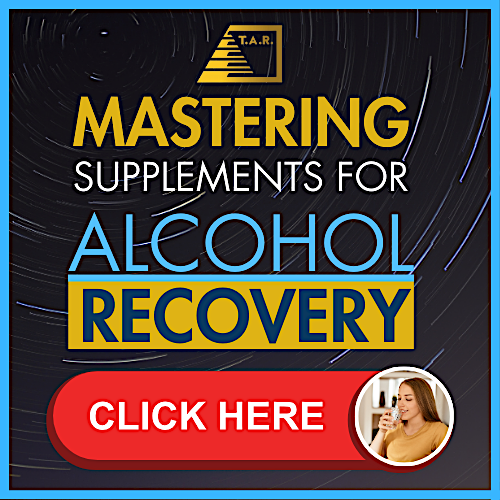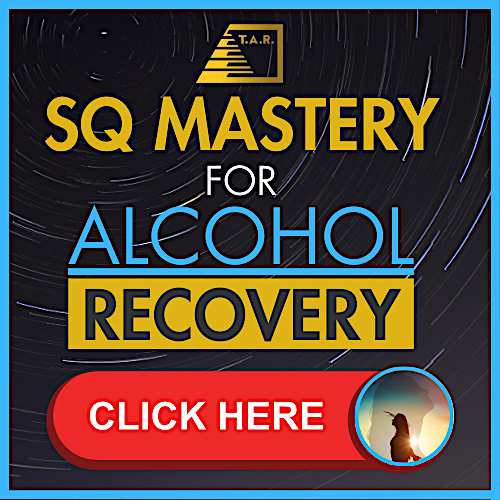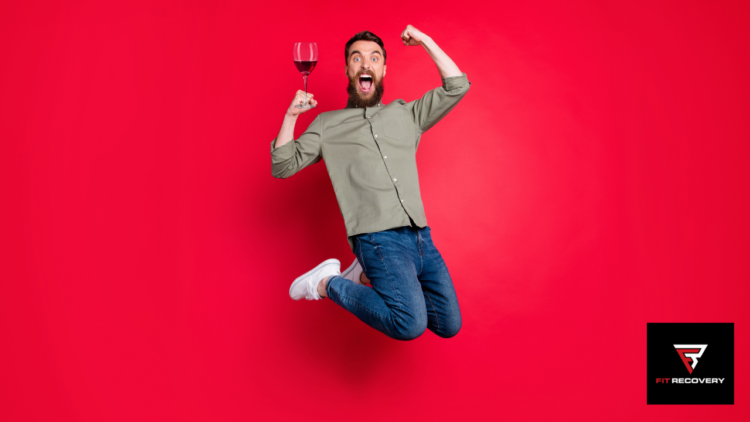
In this article, you’re going to learn why alcohol gives some individuals sedative-hypnotic effects while it gives other individuals massive energy effects.
Additionally, you’ll discover:
- Why Alcohol-Induced Energy is so Addictive
- Why it Exhausts Your Brain/Body System So Much
- and Why it’s Often Difficult to Quit
I’ve been a counselor and recovery coach for more than a decade and have noticed a phenomenon that is widespread yet rarely identified.
This phenomenon is something I now refer to as The Alcohol-Energy Addiction Connection.
The fact is, ethanol (aka alcohol) is a central nervous system (CNS) depressant class of drug.
This means that it slows down your:
- Brain
- Heart
- Respiratory Function
Since alcohol slows down the operations of the brain and body, why do some people report getting the opposite effects?
To answer this question, it’s going to take the entire blog post.
Thus, get ready to go on an esoteric exploration of interrelated elements like:
- Biochemical Individuality
- Neuroscience
- Alcohol Addiction
- Psychology
- and more!
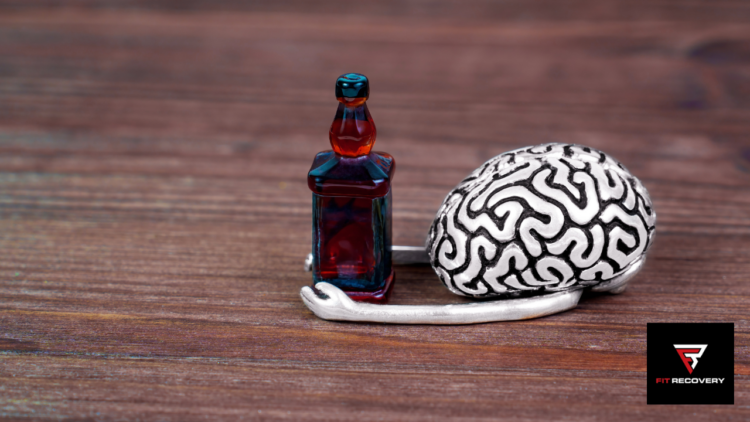
The time has come for you to embark on this quest for knowledge and finally learn why alcohol gives some people typical depressant effects and why it gives others MASSIVE ENERGY.
What Happens After You Drink Alcohol
After you consume alcohol, it quickly travels from your bloodstream into your brain and CNS, where it binds to and “turns on” GABA-B receptors, which stimulates the production of gamma-aminobutyric acid (GABA).
GABA is an inhibitory neurotransmitter that slows down brain activity and acts as a “Natural Valium.”
GABA acts as a Mental Relaxant and a Physical Relaxant in the Brain and Body.
Since alcohol consumption increases GABA (or your brain’s natural Valium), theoretically it would seem like the more you drink the more relaxed you’d become.
However, while alcohol is similar to Valium (the brand name for the drug diazepam), it’s still quite different.
For example, Valium and other benzodiazepines don’t spike your blood sugar and rob your body of essential nutrients that are vital to physical and psychological well-being.
However, Valium does significantly increase your GABA and dopamine levels after administering the medication.
In contrast, alcohol consumption does the following:
- Elevates Blood Sugar Fast and High (Faster and Higher for Hypoglycemics)
- Stimulates GABA Production (“Mental Relaxant” and “Physical Relaxant”)
- Boosts Dopamine (“Motivation/Reward/Pleasure”)
- Increases Serotonin (“Emotional Relaxant”)
- Activates Endorphins to Release (“Natural Painkillers”)
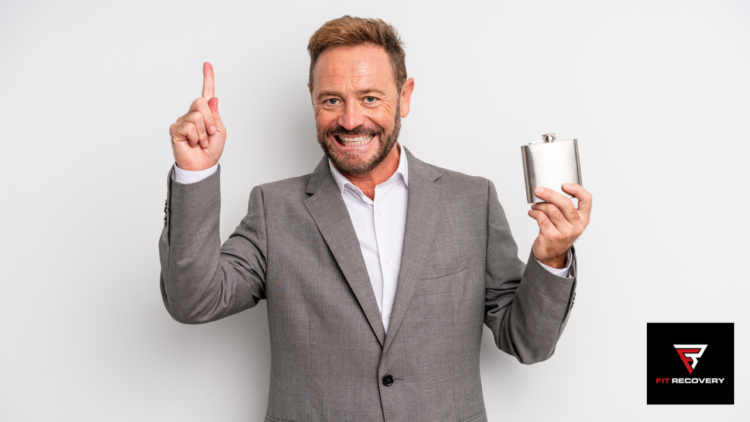
To put it simply, alcohol is a novel CNS depressant drug that spikes blood sugar fast and high while increasing levels of GABA, dopamine, serotonin, and endorphins.
In the short term, alcohol can make an individual feel amazing, as it lights up the brain in myriad powerful ways.
The subjective experience of each person, however, is not the same, as some individuals get depressed from alcohol while others receive what I call Alcohol-Induced Energy.
The Alcohol-Induced Energy Phenomenon
To frame the alcohol-induced energy concept, let’s take a brief trip down memory lane. When I was 14 years old, I got drunk for the first time.
I drank six bottles of beer and a few shots of whiskey within a few hours.
I became violently sick and stayed that way for several hours.
Due to such a horrible experience, I didn’t drink alcohol much throughout high school.
When I turned 22 years old, alcohol became my liquid energy, confidence, and fearlessness, to name just a few.
I’d been extremely shy with girls, but under the influence of alcohol, I felt like I could talk to any girl.
I had always felt this underlying fear of the future, but after drinking beer, wine, or booze, I was fearless.
My brain usually interpreted the world as a scary place, but once alcohol altered my brain chemistry, I now saw the world as Heaven on Earth.
In short, I felt Superhuman.
Alcohol made me feel like I’d always wanted to feel. Shoot! It made me feel even better than I could’ve imagined a human could feel.
Here are the main effects I received from drinking alcohol:
- MASSIVE ENERGY
- Level 10/10 Confidence
- Euphoria
- Fearlessness
- Serenity
- Emotional Relaxation
- Physical Relaxation
- Boldness
- Adaptability
- Resilience
- Happiness
- Present Moment Awareness
- Empathy
Why did I get massive energy and other subjective superpowers from consuming the CNS depressant drug known as alcohol?
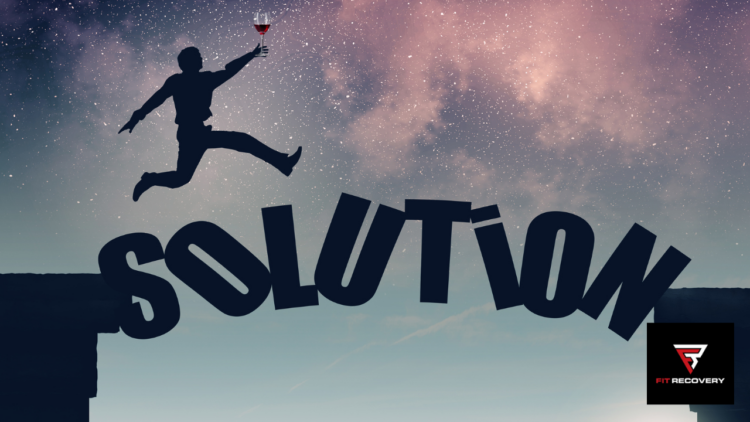
As far as I can tell, it comes down to three primary phenomena:
- Biochemical Individuality
- Bipolar Spectrum Disorder
- Hypomania
Biochemical Individuality
There are more than eight billion people on the planet but each individual has a unique biochemical makeup.
One person’s biochemistry will differ from the next and no two individuals have identical biochemistry profiles.
This means that consuming alcohol, other drugs, foods, drinks, supplements, etc will have inconsistent and varying results depending on the person’s biochemical individuality.
One of these inconsistencies of results is when a drug produces the opposite effect that it normally produces.
For example, it’s a common practice of psychiatrists to prescribe powerful stimulant drugs to patients they’ve diagnosed with Attention-Deficit/Hyperactivity Disorder (ADHD).
In many cases, the hyperactivity is not exacerbated by stimulant drugs but calmed down and focused instead.
When it comes to alcohol, consuming it raises blood sugar and boosts dopamine for all humans, so theoretically it’s possible for this CNS depressant to also create an energy effect.
However, there appear to be millions of people who get something more pronounced – what I call The Alcohol-Induced Energy Phenomenon.
Alcohol-Induced Hypomania
This alcohol-induced energy phenomenon can be likened to the hypomania a person with bipolar II disorder experiences.
Hypomania is less severe than the traditional mania experienced by someone with bipolar I.
The manic episodes of individuals with bipolar 1 can be completely debilitating, but hypomania is not, and in fact, it can be a very desirable state to be in for a lot of individuals.
Some of the common symptoms of hypomania are:
- Elevated mood
- Reduced need for sleep without feeling tired
- Grandiose thinking (meaning unrealistic thinking about your powers, talents, or abilities)
- Feeling intensely driven to accomplish specific goals
- Unusual talkativeness
- Excessive involvement in activities associated with high potential for negative consequences (such as spending sprees, gambling, sexual indiscretions, or risky financial investments)
When at least three or more of these symptoms are present, an individual could be diagnostically classified as experiencing hypomania.
In my 20’s, alcohol and opioids (both CNS depressants) made me hypomanic almost 100% of the time.
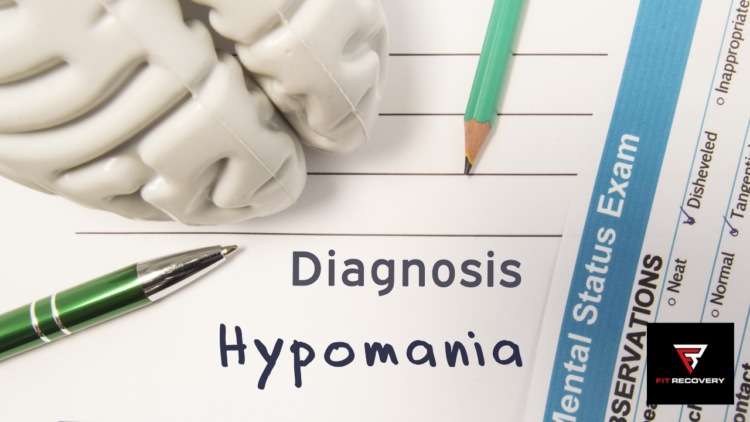
From the very first time I got drunk at age 14, I experienced enough symptoms that I could technically be classified as having hypomania.
And alcohol (along with opioids) continued to induce a state of hypomania in me up to my very last sip of alcohol and dose of opioids.
Life can be difficult and it’s often full of obstacle after obstacle after obstacle.
So, for those of us who experience alcohol-induced energy and especially the symptoms that mirror hypomania, it can often make life easier, at least at the beginning.
The Alcohol-Energy Addiction Connection
When an individual consumes alcohol and experiences the typical effects, they can often take it or leave it. This is not always the case, but it’s more often the case than not.
But when an individual consumes alcohol and experiences the atypical hypomania effects that make them feel superhuman (energy, confidence, euphoria, adaptability, resilience, creativity, etc), alcohol often becomes their subjective and ultimate multidimensional resource for making life easier.
The first primary problem is that it’s too easy to continue activating alcohol-induced hypomania to make life easier, more fun, more interesting, less stressful, and less scary.
These multidimensional benefits can also make alcohol a lot more addictive.
When alcohol produces hypomania in a person, if they’re also genetically vulnerable to addiction and experiencing a lot of stress in their life, they can go from a social drinker to alcohol dependence within a couple of months or less.
The second primary problem is that what goes up must come down.
The Universal Laws of Polarity, Rhythm, and Cause and Effect are all at play here:
- Polarity – refers to a pair of opposites; Everything is dual; Everything has its poles; Pain/pleasure, energized/exhausted, up/down, hot/cold, etc.
- Rhythm – states that the pendulum swing manifests in everything; Everything flows, out and in; Everything has its tides and the measure of the swing to the right is the measure of the swing to the left; Rhythm compensates.
- Cause and Effect – states that every cause has its effect; every effect has its cause; everything happens according to law.
Thus, when a person drinks excessively and consistently over some time:
The more intense hypomanic symptoms they experience = the more intense depressive and exhaustive symptoms they’ll experience after they quit alcohol.
This process seems to mirror that of a person with bipolar II disorder going from a hypomanic state to a depressive/exhaustive state.
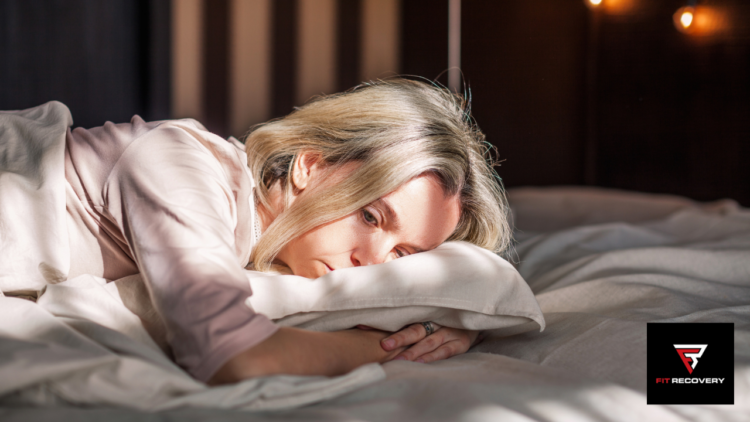
Final Thoughts
Now that you’ve learned about How Alcohol Works in the Brain, Biochemical Individuality, Alcohol-Induced Energy, Alcohol-Induced Hypomania, and The Alcohol-Energy Addiction Connection, you know a lot more about this phenomenon than the vast majority of people on Earth.
Additionally, I know I didn’t go into ways of quitting alcohol when it gives you the energy effects, but this was already quite long and besides, that’s what Chris Scott’s Total Alcohol Recovery Program is about.
You’re also warmly welcome to Book a Free 20-minute Discovery Call with me if you’d like to learn about my Elite Transformation Program for Transcending Alcoholism.
Take good care of yourself, and if you have any comments or questions, please post them below.
Author
-
Matt Finch, the Fit Recovery Head Coach, embodies the power of transformation. With over 13 years of freedom from both alcohol and opioids, he has turned his personal journey into a beacon of hope for others. Previously a Certified Substance Abuse Counselor at an outpatient treatment center, he has dedicated his life to empowering individuals to break free from the chains of addiction. Through his innovative recovery coaching programs, he has joined forces with Chris Scott and Fit Recovery, inspiring thousands to overcome their struggles. By offering one-on-one recovery coaching, engaging group sessions, and dynamic online courses, along with his uplifting podcast, "The Matt Finch Show: Fit Recovery 2.0 Members-Only Alcohol-Free Lifestyle Podcast," he illuminates a path to a healthier, addiction-free lifestyle.
View all posts Fit Recovery Head Coach


